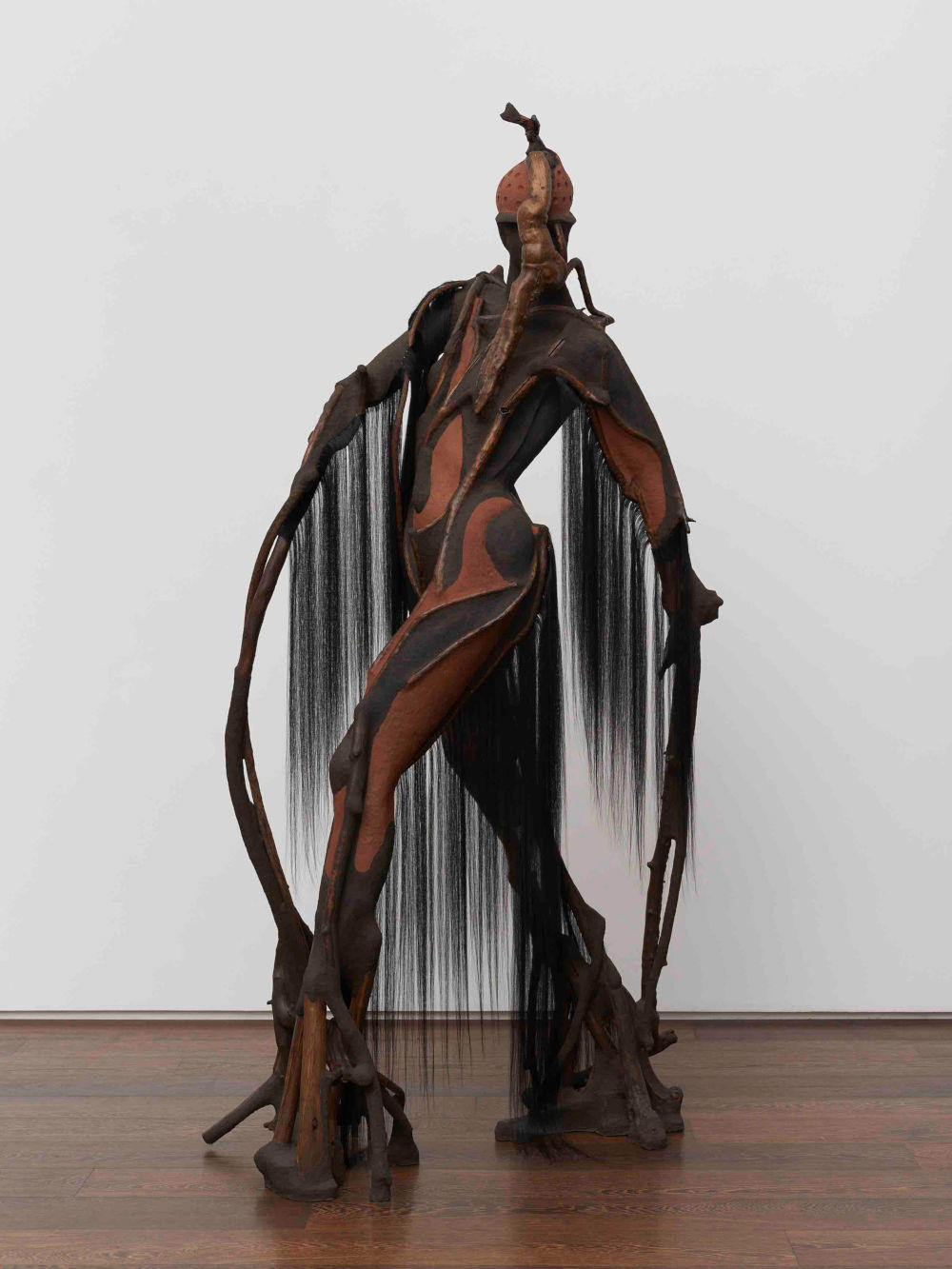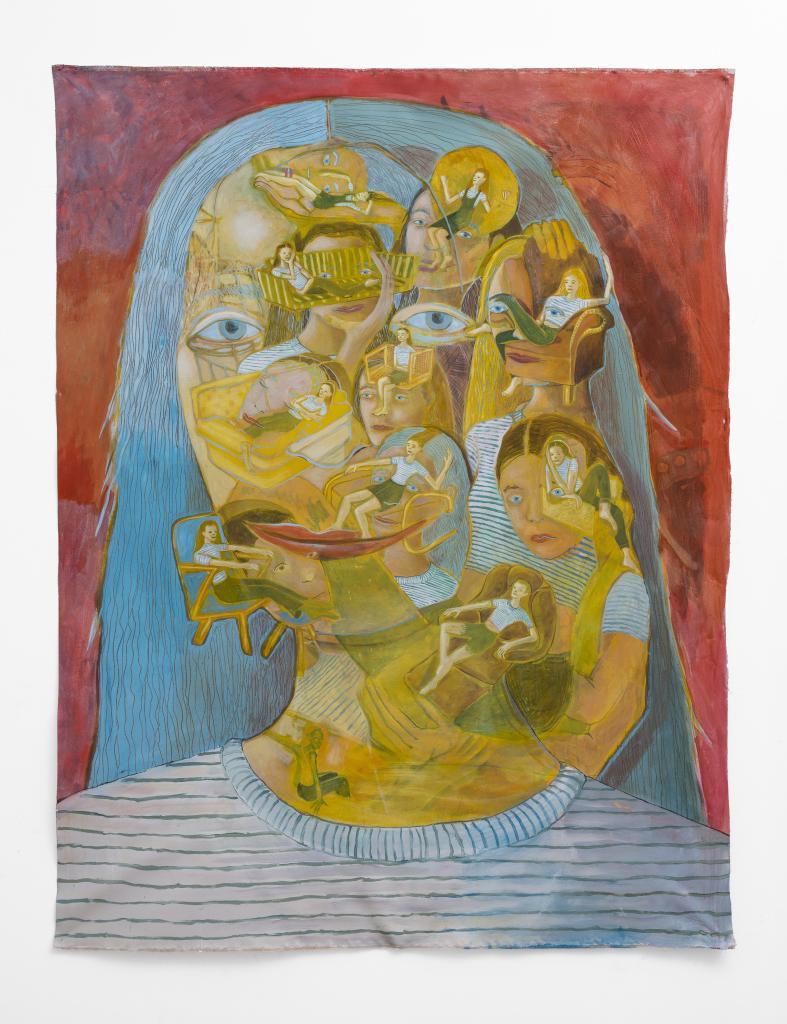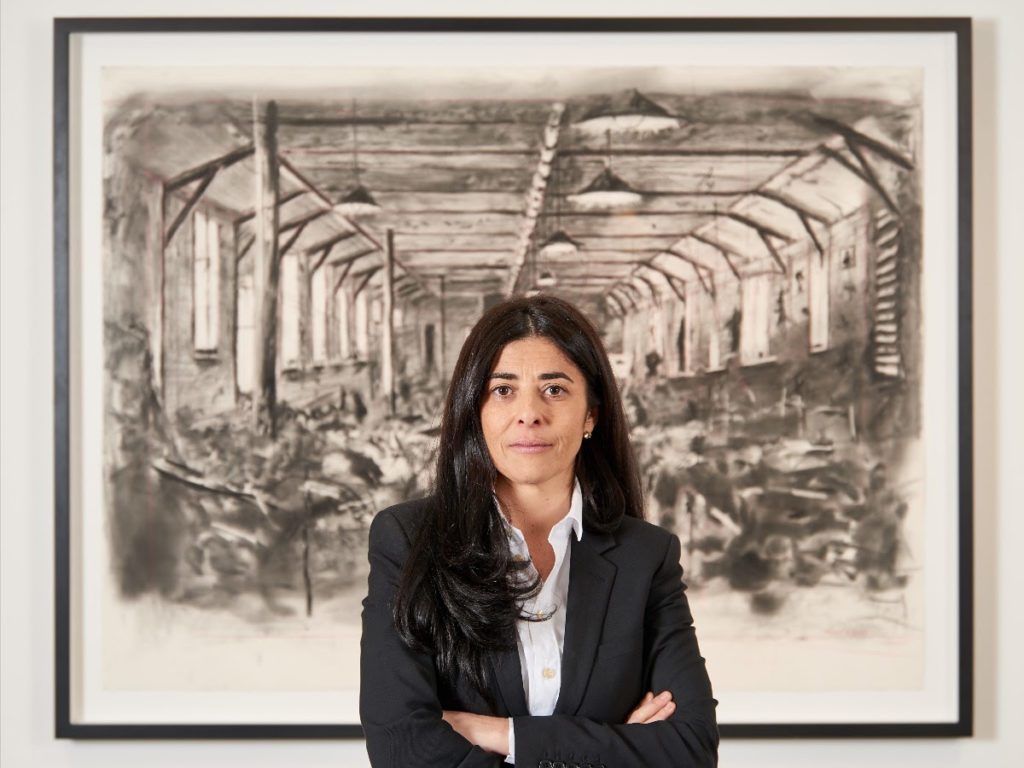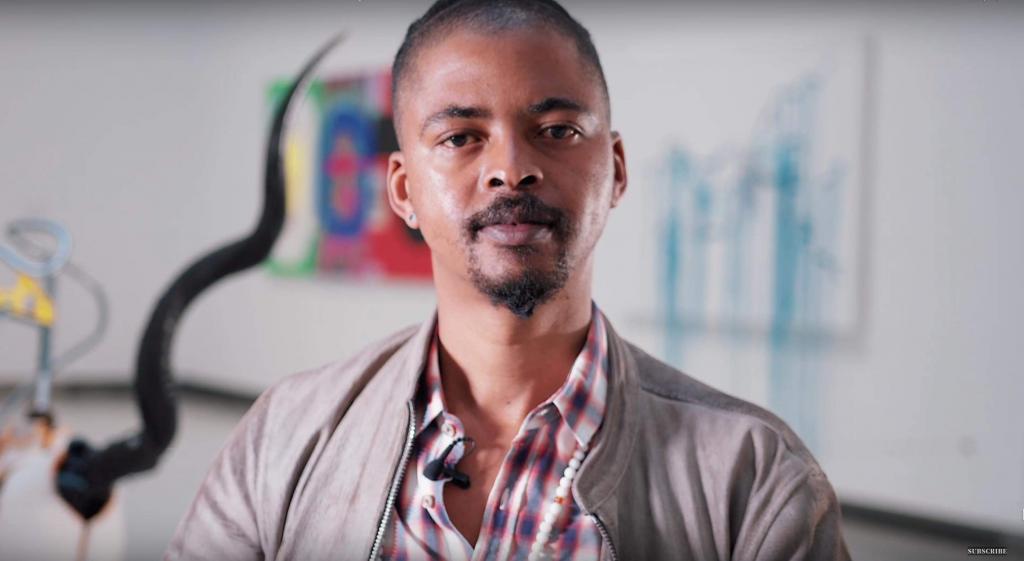Rock My Soul
02/10/2019 - 02/11/2019Black female group exhibition at Victoria Miro Gallery
‘Rock My Soul borrows its title from the eminent black feminist scholar and writer bell hooks’ 2003 book, in which she investigates the role of black self-esteem in empowering a body politic both culturally and politically. She writes: “without self-esteem everyone loses his or her sense of meaning, purpose, and power”.
The exhibition aims to meditate on how artists respond to conversations around figuration, abstraction and self- representation in contemporary art, and affirm, with a certain urgency and eloquence, their sense of esteem against established art canons. Their works traverse aesthetic and geographic borders and histories, as well as concepts such as domesticity, political resistance, symbolic repertoires of intimacy and trans-cultural entanglement.
The group show will gather new and historical works by Njideka Akunyili Crosby, Sonia Boyce, Karon Davis, Zanele Muholi, Wangechi Mutu, Frida Orupabo, Howardena Pindell, Betye Saar, Khadija Saye, Tschabalala Self, Lynette Yiadom-Boakye
Some theorists have rightly advocated that the postmodern status of art has created a common philosophical ground on which race, nationality and other particularities of the artist’s circumstances are not determining of the reading and valuing of works. On the other hand, since conceptual art, the discursive dimension of artworks has become an inescapable territory to address social, political and cultural issues. This exhibition proposes that questions of gender and race are as pertinent and more relevant than ever today.
By bringing together black female artists with particular interests in both figuration and abstraction, Rock My Soul explores the aesthetics of reparation and, at the same time, positions these works unapologetically by artists who may face or witness first-hand the alterity of difference. Their particular contribution conveys a radical re-imagining, one in which the canons and established parameters of culture, politics and history are questioned.’ – Isaac Julien, curator of the exhibition.




